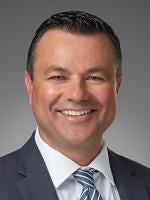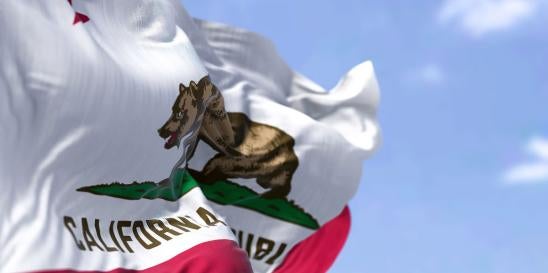In a suspicious insurance claim, it is common for insurers to request that an insured answer questions about the claim at an examination under oath (“EUO”). But a new opinion from the California Court of appeal changes what an insured can record at an EUO. In Myasnyankin v. Nationwide Mut. Ins. Co., — Cal. Rptr. 3d –, 2024 WL 340287 (Jan. 30, 2024), the court held that an insured can now demand to videotape not only the person taking the EUO but also anyone else present during the proceeding. In so ruling, the court relied on California Insurance Code section 2071.01(a)(4) which states that an insured “may record the [EUO] examination proceedings in their entirety.” The court interpreted this language to mean that an insured is permitted to record “every element and part of the examination proceeding,” including the insurer’s representatives at an EUO. An insured also does not need to hire a professional videographer. The insured can record the proceeding on a smartphone which “can be placed on a tripod or otherwise propped up and left to record the insurer’s representatives, without the need for a person standing by.”
The court rejected Nationwide’s argument that video recording an insurer’s representatives who are not questioning the witness was unreasonable. The court only exempted the recording of an insurance company’s participating adjusters if they appear remotely at the EUO and their cameras are turned off. The court ruled that a remote viewer who is not visible on the teleconferencing platform is not part of the proceedings for purposes of Section 2071.1(a)(4).
The parties did not brief, and the court did not resolve, whether the right to record “extends beyond the questions and answers of the examination to encompass all discussions and exchanges from . . . the moment the participants enter the room or join the videoconference until the moment they leave.” The court noted in a footnote, however, that “it may be reasonable to construe the statute to include such a temporal completeness.” Id. at 750 n. 10. Thus, whether an insured has the right to record discussions or events during breaks is not entirely clear and may give rise to future disputes.
Myasnyankin has changed the rules of the road for EUOs and potentially created a situation that encourages aggressive policyholder attorneys to engage in harassing conduct. The very act of videotaping an adjuster with a smartphone during an EUO is itself provocative and not constructive. An aggressive public adjuster or lawyer representing the insured might try to record the insurer’s representatives during breaks or before or after the proceeding. Without a professional videographer, the insured’s representative might also try to change the lighting on the recording or the angle of the recording to make the insurer’s representatives appear in an unfavorable light.
How will this new ruling change EUOs? Some insurers might be tempted to accelerate the current trend to have all EUOs conducted remotely. But doing so would only preclude insureds from video recording EUOs during breaks and before and after the EUO (because presumably the camera would be turned off). Myasnyankin does not prohibit insureds from video recording the insurance company’s non-questioning representatives who attend remotely unless their cameras are turned off. Moreover, conducting a remote EUO may be less effective in some cases. For example, in a claim where the insurer is trying to reconstruct the events of a car accident or other loss, it frequently helps to have the insured create diagrams during an in-person EUO. A live EUO also prevents surreptitious coaching of the insured and allows the insurer to better evaluate the insured’s credibility.
What to do? If an EUO is held in person, insurers should understand that it may be advisable for non-questioning company representatives to appear remotely with their cameras turned off. The insurer should treat the proceeding with all the professionalism of a formal deposition. And if the insurer has advance notice that the insured plans to videotape the EUO, the insurer should seek to have its own videorecording to ensure that the EUO events are properly recorded.



 i
i


